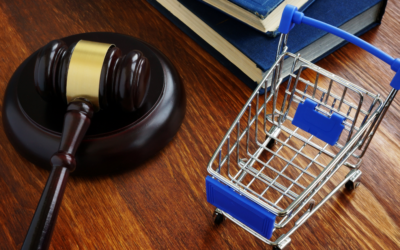For those of you who are not familiar with Pinterest, it is an online pin board service where users can collect images, webpages, and product links from across the net and virtually “pin” them for later reference.
Although Pinterest is free to sign up and use they definitely don’t take such a generous view to infringements of its intellectual property. They have fought hard through the courts to protect their intellectual property through trade mark infringement claims – without much success. The problem Pinterest has is the key trade mark concepts which Pinterest wants to protect, “pin” and “pinning”, are not easily protected by trade mark laws.
The Pinterest trade mark wars are a great case study of how descriptive words are notoriously difficult to trade mark.
Can you trade mark common words such as “pin” and “pinning”?
Pinterest has challenged multiple smaller companies in court over trade mark infringement, and in a number of jurisdictions.
- Pinterest challenged the use of “pin” in a phrase “pinmydeal” by a company in the UK. Even though the company was using the same technical concept of online “pinning”, the court decided that there was not enough similarity to cause confusion to customers.

The court also found that the term “pin” was simply too common to be trade marked on its own. In fact, it is just as common as the words “my” and “deal”. This is an important lesson for companies choosing what names and terms to trade mark.
- Pinterest had an issue with another company called Pintrips, a US based travel startup which also wanted to use terms like “pin” and “pinning” for their online service. In this case “pinning” was considered to be commonly used online, and hence is too generic.
What does this mean for Australian businesses?
All of these disputes were overseas but there are some lessons applicable to Australia. Trade marks in Australia do not have to be new or unique in order for intellectual property rights to be assigned. But they do need to be sufficiently distinctive in some way, to distinguish them from other goods or services.
Clearly Pinterest wants to stitch up everything “pin” related to enhance its brand value. But Pinterest’s intellectual property wars show us that you cannot trade mark words or terms which are simply too common or generic in their use.


